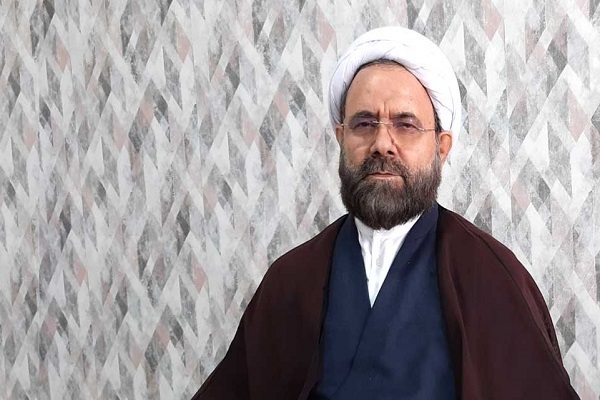Scholar Warns: Social Sins Greatest Threat to Muslim Unity

Speaking at a symposium on social cohesion, Hojjat-ol-Islam Mohammad Arab-Salehi, a faculty member at the Institute for Culture and Islamic Thought, warned that the Muslim community pays far too little attention to sins that affect society as a whole.
Arab-Salehi addressed the conference titled “Social Cohesion: Components, Necessity and Challenges” on Monday. His remarks focused on “Social Sins that Threaten the Unity of the Ummah.”
He said that, in the words of the late scholar Ayatollah Mohammad-Hadi Ma‘rifat, “70 percent of the Quranic verses are social in nature,” adding that “based on my own research this figure reaches nearly 80 percent.”
Because of this, he argued, Muslim scholarship urgently needs “social tafsir, social theology, social fiqh, social mysticism, and other branches of the religious sciences approached from a social perspective.”
Read More:
He noted that this gap has persisted for decades. Imam Khomeini, he said, entered public life with the same outlook and taught that “fiqh, from the cradle to the grave, can manage society.”
Arab-Salehi explained that the core doctrine of monotheism is itself social. When the Prophet Muhammad (peace be upon him) called people to la ilaha illa Allah for their salvation, he said, “those who held financial and political interests stood against him, because tawhid is incompatible with arrogance, power-seeking, coercion, and oppressive self-interest.”
He said that if 80 percent of Quranic verses address social issues, then it is clear that social sins are many. Yet in the lives of the devout, “while we avoid individual sins, there is indifference toward many social sins.”
He noted that scholars and ethical works have traditionally emphasized individual purification, while the social and civilizational dimensions of ethics have been neglected.
Read More:
Among social sins, he added, they are not all equal. “After shirk against God, no sin is greater than rebellion against the just Imam and indifference to his commands — as the axis of social cohesion.”
Arab-Salehi warned that this indifference appears both in Quranic narratives and throughout Muslim history, and remains the greatest threat to the unity of the ummah today.
4317437



